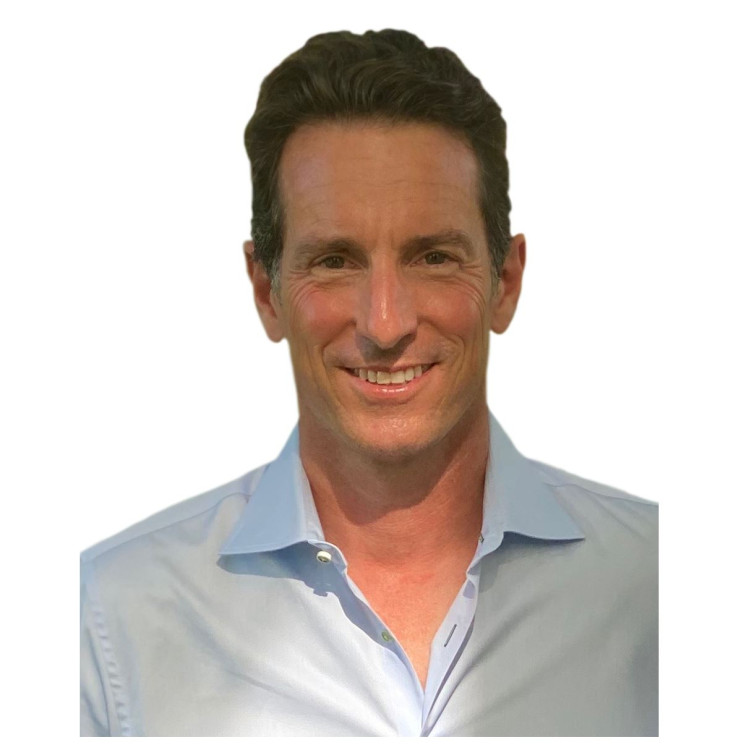This Manufacturing Giant Builds People
'Business as a force for good'--an irresistible idea. Jason Lippert is spreading the word.

Jason Lippert makes his Social Capital credentials obvious at the very start of this exclusive interview. Expanding on his belief that business can be a force for good in the world, the CEO of LCI Industries says, "I think most people breeze over that statement we make about business being a force for good or that business can be a force for good, because most people don't know what that means."
Commenting that many people hear it--or say it--as simply a feel-good sentiment, Jason enthusiastically shares how he was introduced to that concept by Bob Chapman--another of our Social Capital honorees--and how he has acted on that concept and how it plays out in his business. LCI Industries manufactures and distributes a broad array of highly engineered components for the leading OEMs in the recreation and transportation product markets, domestically and internationally. "We've seen, in the last few years, we've grown about a billion in sales. ... What we've seen is growth in efficiency and growth in improvement and quality and growth in innovation because we just get great people staying longer and our momentum increases, so when your momentum increases, you get all these great benefits when it comes to efficiency and quality and safety and innovation."
How he came to that awareness was part personal search and part serendipity, and he talks about how different it is from the way he'd been running his business for 15 years. "I never had a culture class in college. I never had a leadership development class in college. But those are the things that matter the most. It's how you lead teams, whether it's a small team or a big team; how you show up every day and how you lead. Culture's everything."
Happening upon a TED Talk by Bob Chapman is what helped him turn the corner. And he eagerly pays it forward. As he implemented policies and programs, word got around and generated such interest that "we had to start an actual academy because I started taking all those calls in the beginning, and I really did want to help businesses take the next step. [But] that can't be my full-time job."
A point he develops with obvious passion is the importance of culture--and how vital it is to dedicate resources to it and not make it just another box for HR to check. "So, what we did is we created a department and started with one leadership development person. In our business, we've got 15,000 people, and 14,000 of them are on the front lines making parts or involved in the supervision or leadership of making parts, so if we don't get that leadership development piece right at that level--we've got 1,000 leaders leading about 14,000 people--then it doesn't work. So, we put all that initial culture work on those frontline leaders and really worked on developing--just teaching the frontline leader what we expect out of leaders." And after defining what leader qualities are in his company, he added another crucial part: "We help them along the way, we coach them, we develop and we give them that one-on-one training, we give them group training, and continue to pour into them what leadership is."
Jason makes it clear, though, that development is not just for the leaders. Sharing, "All of a sudden they realize there's so much more potential in their lives" with employees who have been challenged to "grow and develop as a leader, as a human being" after being in the same place for 20 years, he emphasizes, "We want that for everybody, not just for the 1,500 that are classified as leaders."
Throughout the interview, it's clear he believes his business's primary product is people. Watch the video below to hear how he puts that into the real-world operations of his far-flung and successful business.
© Copyright IBTimes 2025. All rights reserved.





















